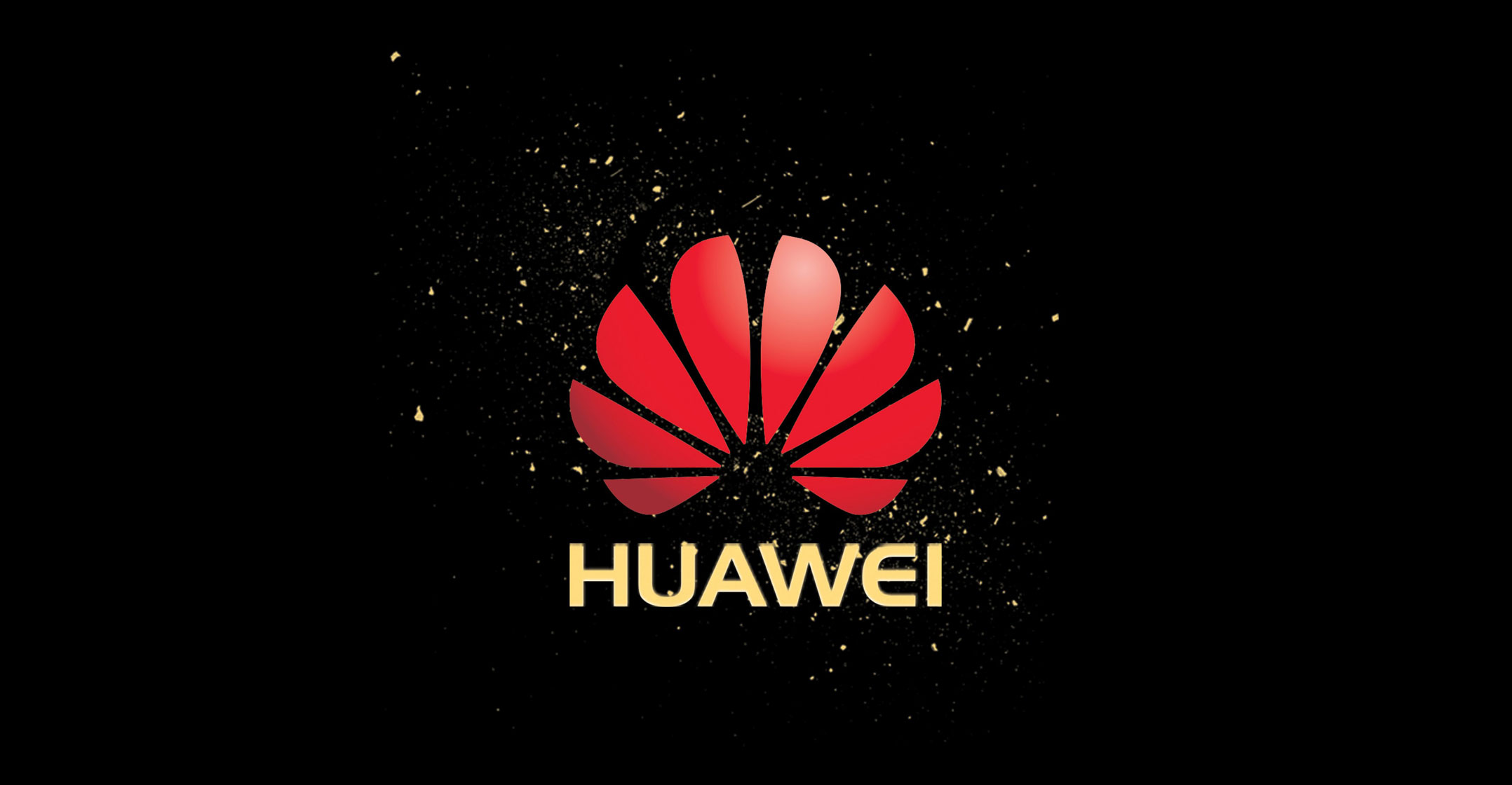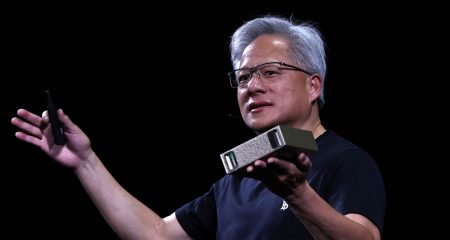
Huawei Technologies has said a proposed ban on selling its gear to some US mobile providers isn’t lawful, pushing back against assertions it poses a risk as the Trump administration increases pressure on China over trade and national security.
The Shenzhen-based networking giant’s presence in the US “has been artificially restricted by unfounded allegations and suspicions based solely on misperceptions” about its relationship with China’s government, Huawei said in a filing with the Federal Communications Commission that was made public on Tuesday.
The agency under chairman Ajit Pai, an appointee of President Donald Trump, has proposed barring telecommunications companies from using a federal subsidy to buy gear from companies such as Huawei and ZTE that are judged to be a national security risk.
Huawei, China’s top telecoms equipment vendor and the world’s number three smartphone maker, was founded in 1988 by former Chinese army engineer Ren Zhengfei. The company took the unusual step on Wednesday of publicising the minutes of a recent high-level meeting during which the ex-military officer emphasised the symbiotic relationship between the two world powers, and China’s dependence on cutting-edge American technology. Huawei will buy some 50 million chips from Qualcomm alone this year, he was cited as saying.
“The US-China trade dependency is mutual and extensive, I don’t foresee strong conflicts,” Ren was quoted as saying in a transcript posted on social media platform WeChat. “American communications technology crested in the 1960s, when we were mere college students.”
The rapid ascendancy, however, of Huawei and other Chinese companies in just the past decade has raised red flags. On Monday, another federal agency asked the FCC to block China Mobile from entering the US market, citing national security grounds. A spokesman for China’s foreign ministry said the US “should stop groundless speculation and intentional suppression against Chinese companies”.
The US is set to impose tariffs on US$34-billion of Chinese goods on Friday, with China vowing to retaliate. Trump has also threatened additional tariffs on $200-billion of Chinese imports that could be implemented if China imposes counter-measures. Talks between the US and China have stalled in part over American demands that Beijing reduce government support for high-tech industries.
‘Highly concentrated market’
Huawei, in its comments to the FCC that became available on Tuesday, said it’s an independent, privately owned business. Letting Huawei compete freely could yield savings, while restrictions “will result in excessive profits for a handful of other equipment suppliers in this highly concentrated market”.
The result would leave the US falling behind other countries, with harm concentrated in remote and poor areas, according to the filing. “The US cannot afford to become the only country in the world that lacks access to the best communication technologies,” Huawei said.
The FCC’s authority over the subsidy, the Universal Service Fund, doesn’t encompass national security concerns, Huawei said.

CTIA, a Washington-based trade group with members including US mobile providers AT&T and Verizon Communications, didn’t express outright support or opposition to the measure. It said in a filing that the FCC should proceed cautiously and consult with the department of homeland security and other agencies before acting.
FCC action could have the “inadvertent effect” of inhibiting investment in secure equipment by creating uncertainty over which suppliers can be used, the CTIA said.
The Competitive Carriers Association, with members including regional and rural mobile providers, opposes the FCC’s rule which will “devastate impacted rural carriers”, according to an e-mailed statement from the Washington-based trade group.
The Telecommunications Industry Association, a trade group for gear makers, said it supports the FCC’s proposal.
The FCC in April cast a 5-0 vote to advance the restriction, which won’t be final until a second vote that hasn’t been scheduled. The agency in its draft order said congress scrutinised Huawei and ZTE as possible security threats. — Reported by Todd Shields, with assistance from Gao Yuan, (c) 2018 Bloomberg LP




